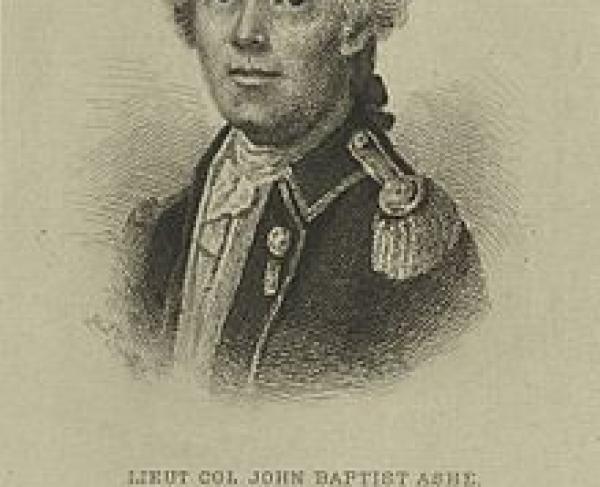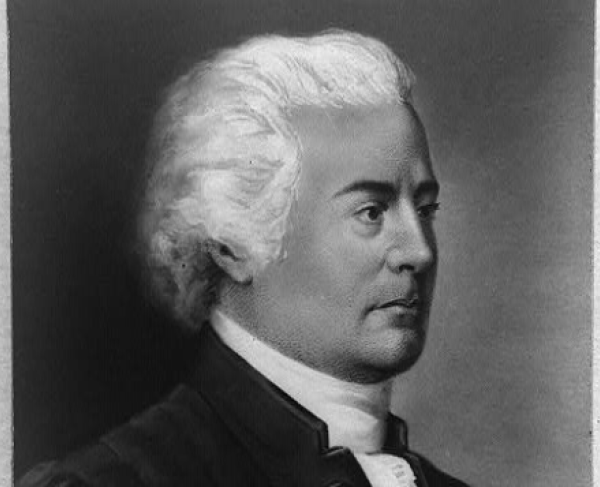John Ashe

Son of the prominent John Baptista Ashe, John Ashe became one of North Carolina’s leading military defenders in the Revolutionary War. Beginning his military service as an officer in the French and Indian War, his loyalties to the crown faded as he witnessed and experienced the strife of the American colonists amidst a shower of regulatory British Acts. From 1762-65, Ashe served as speaker of North Carolina’s Colonial Assembly. His repugnant attitude toward the Stamp Act was evident as he led a mob to Brunswick in February of 1766. By March of 1775, he had organized and trained New Hanover County’s patriot militia. By June of that same year, Ashe, Robert Howe, and Cornelius Harnett led the militia into Fort Johnston in an unsuccessful attempt to seize the Royal Governor, Josiah Martin. Regardless of his shortcomings, Ashe was appointed Colonel of North Carolina state troops in late 1775 and rose to the rank of Brigadier General by April of 1776.
As Brigadier General, Ashe commanded the Wilmington district. With his force in tow, he fought in the Battle of Brier Creek on March 3rd, 1779. Suffering a massive defeat, Ashe was court-martialed for his supposed military inaptitude. As his force had been on the receiving end of a strategic and daring British attack, it was debated whether there was anything different Ashe could’ve done to prevent the significant loss. Regardless, he was found guilty of placing incompetent guards around his camp. Upon Ashe’s return to Wilmington, Loyalist activity was abuzz. The town was overrun by the British General Charles Lord Cornwallis’ army in 1781, leading Ashe to be captured as a prisoner of war. During his imprisonment, he contracted smallpox and died on October 24th, 1781.

